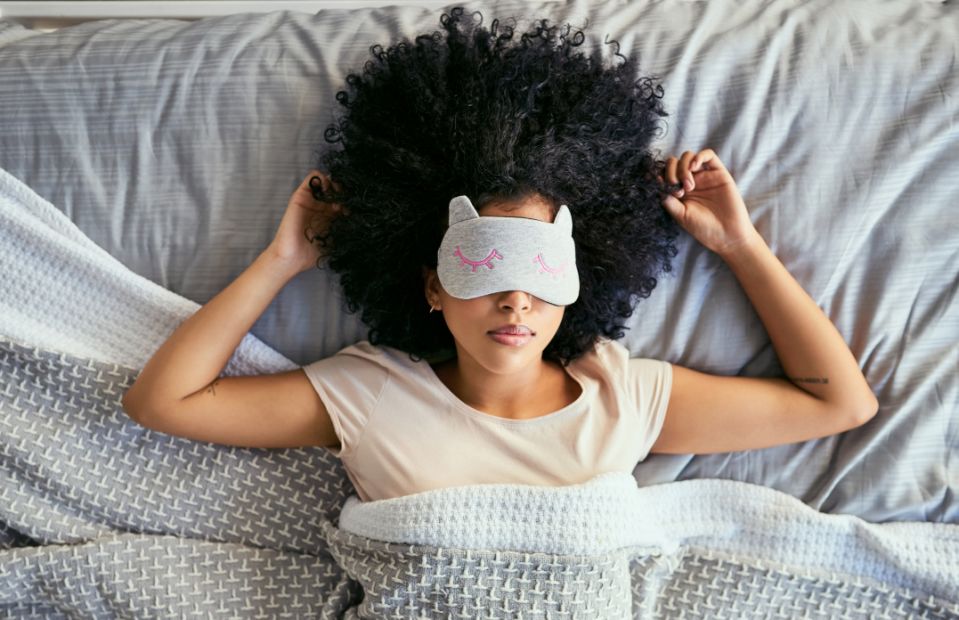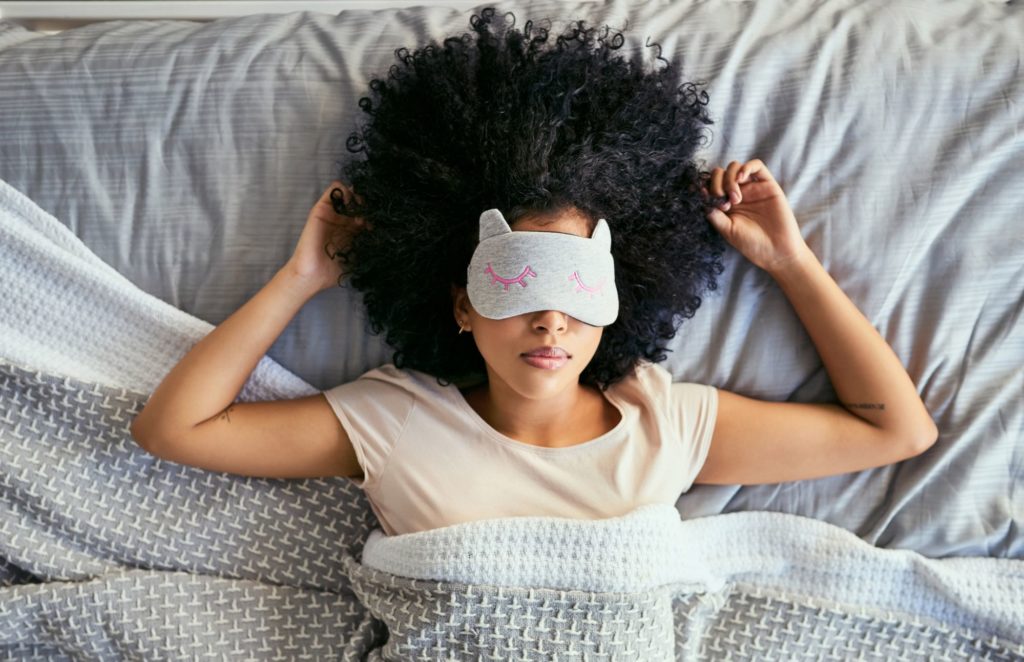
As children we often have a regular bedtime, but as grown-ups with no one dictating the hour we have to be tucked up, lights out can vary depending on how many episodes of the latest boxset we want to binge.
But new research has suggested an irregular sleep routine – for instance, varying the time you go to bed or lying in at the weekends – could be linked with a greater risk of depression long-term.
Even when it comes to our mood the next day, those whose nodding off and waking up time varies from day to day may find themselves feeling just as low as those who stayed up super late the night before, or had a really early start.
Read more: Doctor’s TikTok reveals why wearing socks in bed can help you fall asleep
The study, by researchers at the University of Michigan, assessed 2,115 doctors who were all in the first year of residency training after medical school, when they had long, intense work days and irregular work schedules, such as night shifts and early starts.
Throughout the study, sleep was evaluated through a wearable tracking device, while participants also completed questionnaires to assess their mood.
The results found, somewhat unsurprisingly, that participants who regularly stayed up late, or got the fewest hours of sleep, scored higher on depression symptoms and lower on daily mood.
But, those participants whose devices showed they had variable sleep schedules were also likely to score higher on standardised depression symptom questionnaires, and to have lower daily mood ratings.
Study authors believe the findings add to previous research revealing an association between sleep, daily mood and long-term risk of depression.
Watch: Is pandemic stress robbing us of a good night’s sleep?
Read more: Woman shares therapist’s trick for falling asleep when you’re tossing and turning
Srijan Sen, professor of neuroscience and psychiatry, and part of the research team, says he hopes the new findings build on the team’s previous work about high risk of depression among new physicians, and other underlying factors associated with a heightened risk.
“These findings highlight sleep consistency as an under-appreciated factor to target in depression and wellness,” he says.
“The work also underscores the potential of wearable devices in understanding important constructs relevant to health that we previously could not study at scale.”
It’s worth pointing out that simply getting up and going to bed at the same time every day shouldn’t be considered a quick-fix cure for depression.
If you are struggling with persistent low mood or sleep problems it is vital you contact your GP to get the right help.
What the research does suggest, however, is that there could be a wellbeing benefit to having a regular bedtime and wakeup-time.

Read more: Woman shares therapist’s trick for falling asleep when you’re tossing and turning
In fact sleep experts regularly tout the benefits of having a regular sleep routine. Last year scientists revealed that sticking to a regular bedtime could be very important for our physical wellbeing.
The study, by researchers at the University of Notre Dame, found that diverting from our usual bedtime by even a few minutes could actually increase our risk of heart disease.
While it isn’t just sleep consistency that plays a role in whether or not we have a good night sleep, it’s a good place to start.
Other factors might include: medication, lifestyle factors and our internal biological clock.
But if you can put a proper sleep routine in practice and stick to it even at the weekends, it could have impacts for health, both physical and mental.

